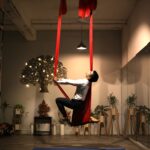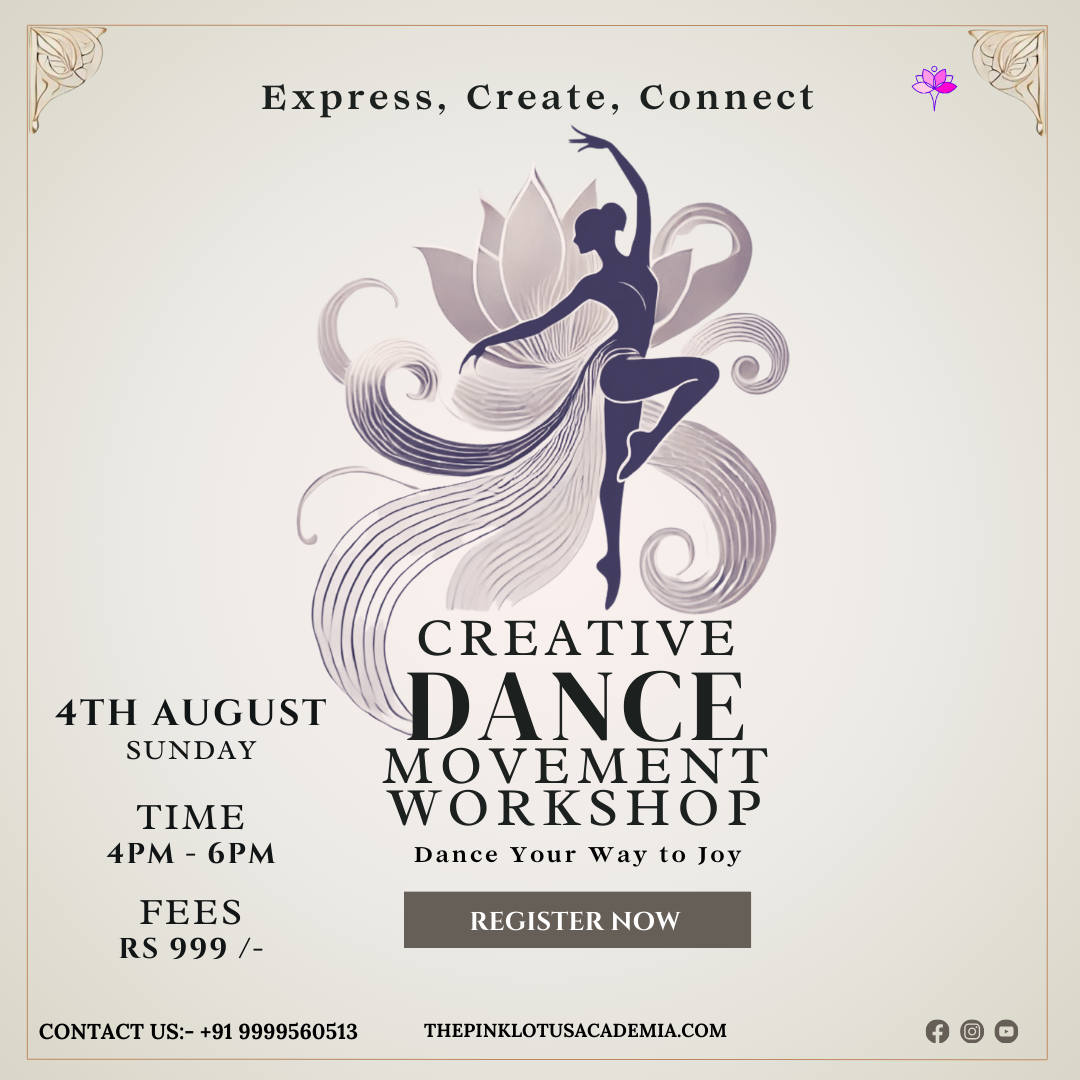So, you’ve decided to embark on a learning journey. That’s awesome! But, wait. Do you ever feel sore or uncomfortable after long hours of studying or practicing? Let’s dive in.
Understanding Learning Soreness
What is Learning Soreness?
Learning soreness isn’t your everyday muscle ache. It’s a combination of physical and mental fatigue that you experience when your brain and body are working overtime. Remember the last time you tried to cram all night for an exam? That heavy head and stiff neck? That’s learning soreness for you.
Why Does It Occur?
Our brain and body are interconnected. When we push our mental capacities to the limit, it’s bound to have repercussions on our physical self. Isn’t it fascinating how a purely mental task can leave you feeling physically drained?
Key Factors Contributing to Soreness
Physical Strain
Long hours sitting in one position, scribbling notes, or staring at a screen can lead to muscle stiffness and discomfort. Have you ever felt like a human pretzel after a long study session?
Mental Fatigue
Your brain, much like a muscle, can get tired. Continuous learning and processing of new information can be mentally taxing.
Emotional Stress
Learning new things can sometimes be overwhelming, leading to anxiety or stress. It’s like trying to find a needle in a haystack; you know it’s there, but where?
The Pink Lotus Academia Approach
The Pink Lotus Academia believes in holistic learning. They recognize the challenges of learning soreness and emphasize methods to counteract it, ensuring that students not only gain knowledge but also remain in optimal health.
Techniques to Minimize Soreness
Active Breaks
Step away from your study desk! A short walk, a quick jog, or even a few jumping jacks can reenergize your body and mind. It’s like giving your car a pit stop.
Stretching and Yoga
Incorporating stretching or yoga into your routine can significantly reduce physical discomfort. Think of it as oiling your body’s machinery.
Proper Hydration and Nutrition
Drinking water and eating balanced meals can work wonders. Ever noticed how a wilted plant perks up with a little water?
Mental Wellness Techniques
Meditation
Meditation can help in centering your thoughts and reducing mental fatigue. It’s like clearing the cache of your brain.
Visualization
Visualize your goals and the joy of achieving them. A little daydreaming never hurt anyone, right?
Personal Stories and Testimonials
“I was constantly fatigued until I tried the active breaks technique. It changed the game for me!” – Sarah, 24
“After joining Pink Lotus Academia, I realized the importance of holistic learning. Their approach is genuinely remarkable.” – Raj, 29
Conclusion
Learning doesn’t have to be a painful experience. By understanding the causes of learning soreness and applying the right techniques, you can make your educational journey enjoyable and fruitful. So, are you ready to bid goodbye to soreness and hello to efficient learning?
FAQs
What is learning soreness?
- It’s a combination of physical and mental fatigue experienced during intensive learning sessions.
How does the Pink Lotus Academia tackle learning soreness?
- They emphasize a holistic approach, focusing on both knowledge gain and optimal health.
Are active breaks really effective?
- Yes! A short physical activity can rejuvenate both the mind and body.
How often should one practice stretching or yoga?
- Incorporating even 10-15 minutes daily can make a significant difference.
Can proper nutrition impact mental fatigue?
- Absolutely! A balanced diet ensures the brain gets essential nutrients, helping in reducing mental fatigue.
Namaste!
Instagram: @thepinklotusacademia
Facebook: @thepinklotusacademia
Faculty:Kaavita Das
Enquire Now: Click Here
Yoga Apparells: https://amzn.to/47rLhVl
Learn more: The Pink Lotus Academ














